
Related products
Nurturing your child's health from an early age sets the stage for a future of joy, growth, and success. From physical activity to emotional well-being, the habits we foster today play a crucial role in shaping our children's lives. In this comprehensive guide, we’ll explore 13 healthy tips to help children thrive physically, emotionally, and mentally. Each tip is grounded in expert advice and research to ensure you have the most reliable and effective strategies for supporting your child’s overall health.
By incorporating these tips into daily routines, you can create a nurturing environment where your child can develop, grow, and flourish. Let's dive into these 13 essential healthy tips for kids and explore how each one can help support your child’s well-being now and as they grow.
1. Daily Exercise: Keep Moving, Stay Healthy

The World Health Organization (WHO) recommends that children aged 5-17 engage in at least 60 minutes of moderate to vigorous physical activity each day. Regular exercise not only helps maintain a healthy weight, but it also strengthens muscles and bones, improves mood, and enhances overall well-being.
Although finding time for exercise can be challenging, turning physical activity into family bonding time can make it enjoyable for everyone. Set achievable goals and create fun, interactive activities that align with your child’s interests to keep them motivated.
2. Get Enough Rest: Sleep for Growth and Development

Sleep is a fundamental aspect of a child’s health. The American Academy of Sleep Medicine recommends 9-12 hours of sleep per night for children aged 6-12 and 8-10 hours for teens. Sleep supports cognitive function, emotional well-being, and physical development.
Establishing a consistent bedtime routine and creating a calm sleep environment can make a significant difference. Reducing screen time before bed and engaging in relaxing activities, like reading a bedtime story, can help your child wind down for a restful night. If your child is struggling with sleep, try our child-friendly product BioRay Kids NDF Sleepy, from our collection of Sleep Aids for babies and children.
3. Balanced Diet: Nourish for Growth

A balanced diet plays a pivotal role in a child’s development. The American Academy of Pediatrics advocates for a variety of fruits, vegetables, whole grains, and lean proteins to ensure children get the nutrients they need. This not only supports growth and development but also fosters a healthy relationship with food.
Introducing new foods in fun and creative ways can help encourage healthier eating habits. Educating your child about the importance of moderation and balance in their meals can build a foundation for lifelong healthy eating habits.
When it comes to snacking, giving your child healthy snack choices will keep snack time interesting while giving them exposure to new foods that you can integrate into dinner and lunch as well. Montemayor recommends the following snacks for little ones:
- Whole-grain crackers with cheese
- Apple slices with peanut butter
- Nuts
- Carrot or celery sticks with hummus
- Hard-boiled eggs
- Grapes
- Lightly salted/unsalted popcorn
4. Encourage Hydration: Water for Healthy Growth

Water is essential for your child’s health, helping with digestion, temperature regulation, and maintaining healthy skin. Encourage your child to drink plenty of water throughout the day, especially during physical activity or after eating salty foods.
Tip: Make drinking water fun by using colorful water bottles or infusing water with fruits like lemon, berries, or cucumber to add flavor.
5. Limit Screen Time: Make Space for Real-Life Experiences

In today’s digital age, managing screen time is more important than ever. The American Academy of Pediatrics suggests limiting screen time to one hour per day for children aged 2-5, with individualized limits for older children. Too much screen time can hinder physical activity, social interaction, and creativity.
Establishing clear boundaries around screen time, encouraging outdoor play, and creating tech-free zones at home can help reduce reliance on screens and promote healthier habits.
6. Regular Check-Ups: Prevention is Key

Staying on top of your child's regular health check-ups is vital to their well-being. Routine trips to the pediatrician not only catch potential health snags early but also offer chances for vaccinations, growth tracking, and developmental assessments.
This gem of advice highlights prevention and early intervention, which are key to maintaining tip-top health. While penciling in and attending appointments might gobble up more time than other suggestions, the perks of proactive care are worth their weight in gold.
To streamline the process, consider organizing a family calendar to mark appointments and nudge you when the next visit is due.
7. Hand Hygiene: Stop Germs in Their Tracks

Washing hands regularly is one of the simplest yet most effective ways to prevent the spread of germs and illnesses. The Centers for Disease Control and Prevention (CDC) emphasizes the importance of proper hand hygiene, especially during flu season or after contact with potentially contaminated surfaces.
Incorporating fun habits, such as singing a favorite song while washing hands, can make this an enjoyable and consistent part of your child’s routine. Have a look at out collection of baby and child body and hand soaps for various options that are mild to the skin and take care of sensitivity.
8. Limit Sugar Intake

Excessive sugar consumption can contribute to obesity, tooth decay, and even mood swings. Encourage healthier alternatives like fresh fruit, yogurt, or smoothies as snacks to satisfy sweet cravings while providing essential nutrients.
Try our healthy snack options with no added sugars to keep your child snacking healthy: Organix Apple & Orange Organic Soft Oat Snack Bars Multipack , Organix KIDS Marvellous Mandarin & Apple Oaty Bars , MadeGood Morning Oat Bar Blueberry , Giving Tree Snacks Freeze Dried Crispies for Kids Strawberry and much more on Welzo.com
9. Good Posture: Support Long-Term Health

Teaching your child to maintain good posture is an essential habit for preventing future back pain and muscle strain. The American Chiropractic Association stresses the importance of good posture to support the spine and overall physical health.
To encourage proper posture, invest in ergonomic furniture and lead by example. Simple reminders throughout the day can help reinforce this habit.
10. Immunizations: Protect Against Preventable Diseases

Immunizations are your child's secret weapon in staying fighting fit by keeping diseases at bay. The CDC has mapped out a vaccination schedule to make sure kids get their shots right on cue. This tip is a game-changer because it helps shield your child and others from avoidable illnesses.
Although juggling vaccination schedules might eat up more time and demand extra planning compared to other tips, there's no denying the power of vaccines in fostering community health. To make vaccine management a breeze, team up with your child's healthcare provider and keep a meticulous log of vaccination dates.
Furthermore, to maintain your child's health, check out our children's probiotics and baby and child vitamins and supplements ranges.
11. School or Athletic Physicals: Ensure Readiness

Before starting school or engaging in sports, it’s important to schedule a physical examination. These check-ups help identify potential health issues and ensure your child is ready for physical activities.
By keeping track of these appointments and scheduling them in advance, you can help ensure your child stays safe and healthy during school and extracurricular activities.
12. Dental Health: Keep Those Smiles Bright

Good oral hygiene is essential for a child’s overall health. The American Dental Association recommends regular brushing, flossing, and dental check-ups to prevent cavities and gum disease.
Make dental care fun by using colorful toothbrushes, flavored toothpaste, and a reward system to encourage your child to develop healthy dental habits. Shop for your children's oral health from our collection, to set the foundation for a lifetime of healthy teeth and gums.
13. Emotional Well-being: Support Your Child’s Mental Health

Teaching your child to manage anxiety and stress is a crucial part of their emotional development. Children face a variety of pressures, and learning healthy coping mechanisms is essential for their mental well-being.
By offering a safe space for open conversations, validating their feelings, and seeking professional help if needed, you can support your child in managing their emotions and building resilience.
Why is Kids' Health So Important?
A child’s health impacts their physical, emotional, mental, and social development. Ensuring children are healthy and well-rounded not only helps them grow strong and resilient but also fosters lifelong well-being. When children are healthy, they are more likely to excel academically, socially, and emotionally.
Healthy habits established early on, such as exercise, good nutrition, and emotional care, lay the groundwork for future success.
How Healthy Foods Contribute to Kids’ Development
A balanced diet rich in fruits, vegetables, whole grains, lean proteins, dairy, and healthy fats supports every aspect of a child’s growth. These foods fuel physical growth, improve cognitive function, and boost emotional well-being. For example:
-
Fruits and Vegetables: Packed with vitamins, minerals, and fiber, these foods help support immune function, digestion, and overall health.
-
Whole Grains: Essential for energy, whole grains provide steady, lasting fuel and promote a healthy digestive system.
-
Proteins: Lean proteins help with muscle growth and tissue repair, supporting physical and cognitive development.
-
Healthy Fats: Essential fats, like those found in avocados, nuts, and fish, are crucial for brain development and emotional well-being.
By incorporating these 13 healthy tips into your child’s daily routine, you are helping to build a strong foundation for their future. Whether it’s encouraging regular physical activity, promoting good nutrition, or fostering emotional health, each of these tips plays a crucial role in supporting your child’s overall well-being.
By prioritizing their health now, you’re setting them up for a lifetime of happiness and success. Shop more healthcare products for your baby and child from here.




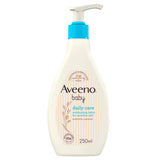
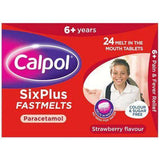


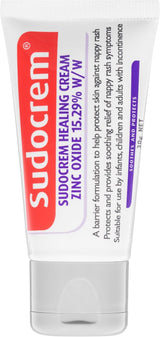
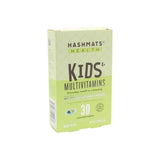

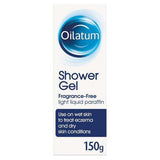
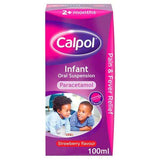




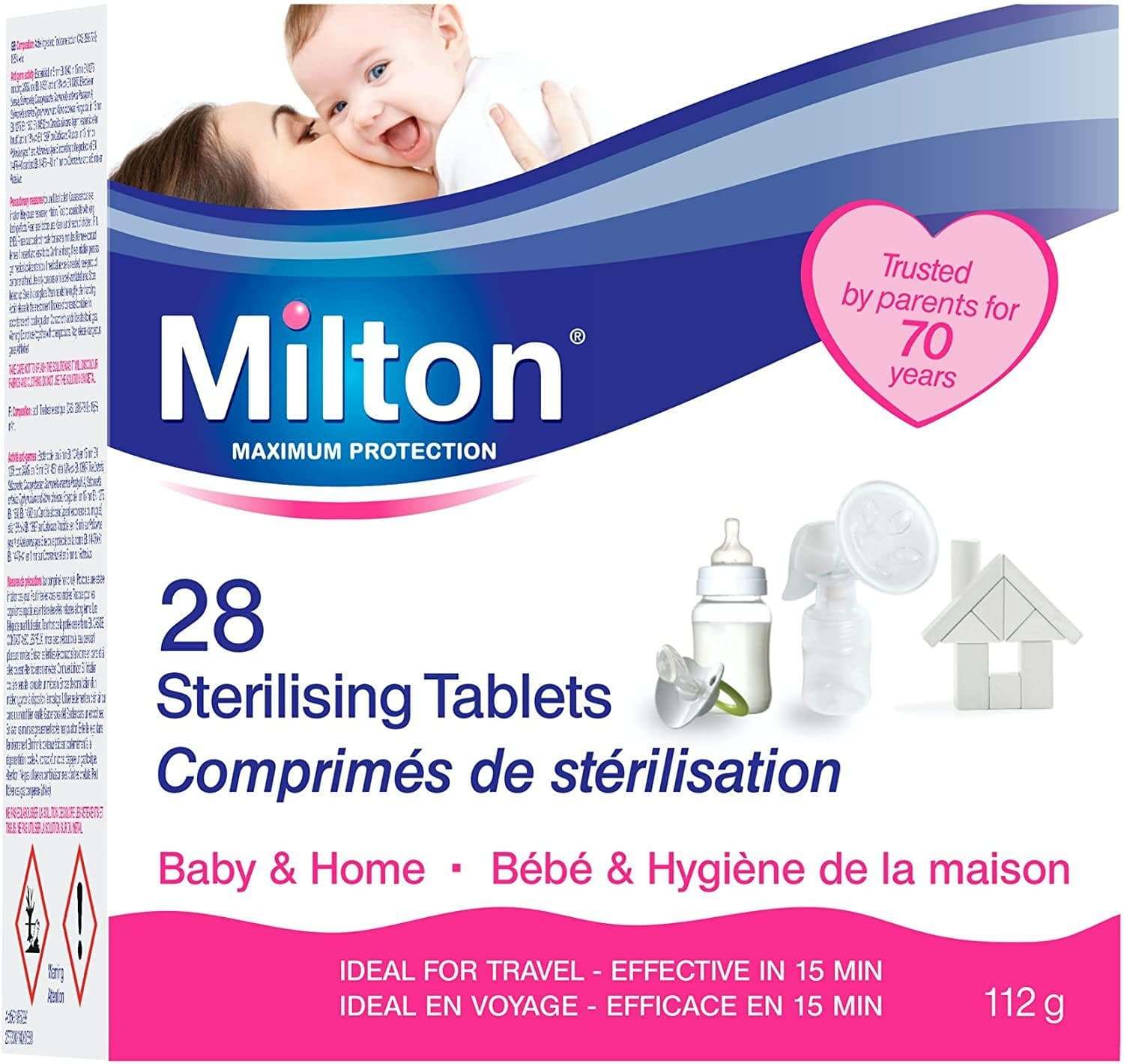
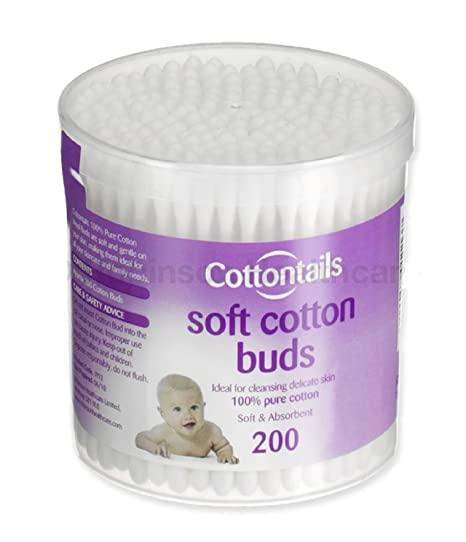


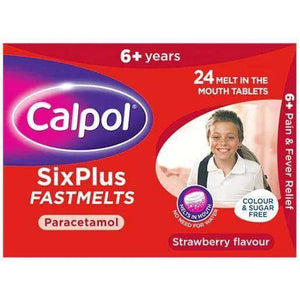



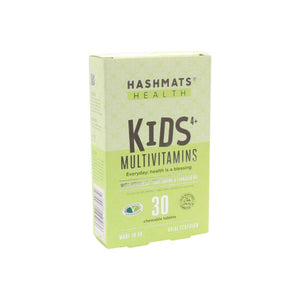







 Rated Excellent by 26,523+ Reviews
Rated Excellent by 26,523+ Reviews